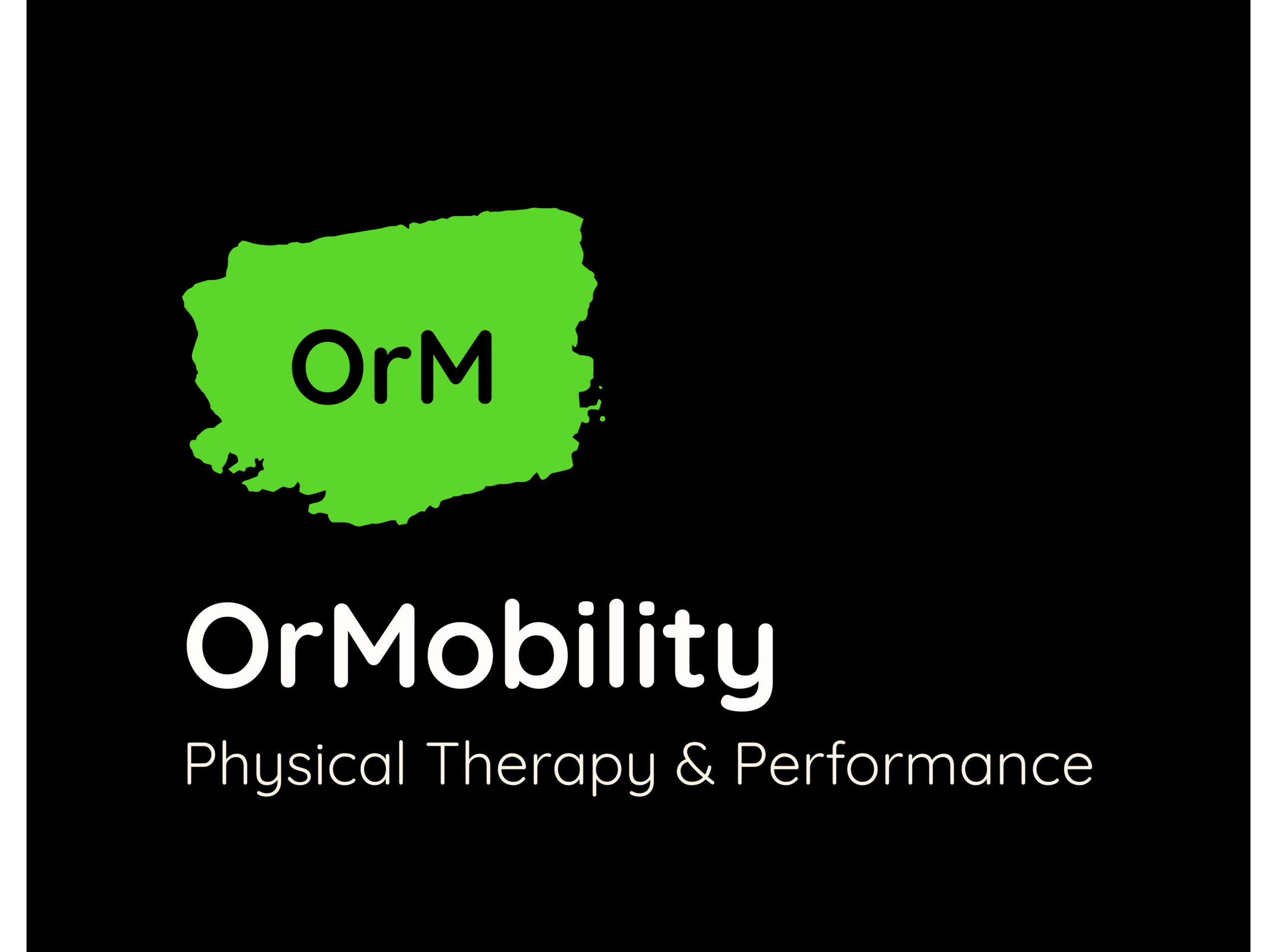Does Inflammation Cause High Blood Pressure? Understanding the Link and Effective Techniques to Reduce Both
Inflammation and high blood pressure (hypertension) are two common health issues that can significantly impact overall wellness. At OrMobility Physical Therapy & Performance in Roseburg, Oregon, we provide comprehensive nutritional, sleep, and stress coaching to help our clients improve their health. This blog post will explore the connection between inflammation and high blood pressure and offer effective techniques to reduce both.
Understanding Inflammation and High Blood Pressure
Inflammation is the body’s natural response to injury, infection, or harmful stimuli. It involves immune cells, blood vessels, and molecular mediators working together to eliminate the initial cause of cell injury, clear out damaged cells, and initiate tissue repair. While acute inflammation is beneficial, chronic inflammation can lead to various health problems, including hypertension.
High blood pressure occurs when the force of blood against the artery walls is consistently too high. This condition can lead to serious health complications such as heart disease, stroke, and kidney damage. Hypertension is often called the “silent killer” because it typically has no symptoms but can cause significant damage over time.
The Link Between Inflammation and High Blood Pressure

Research suggests a strong link between chronic inflammation and the development of high blood pressure. Here are several ways inflammation can contribute to hypertension:
- Endothelial Dysfunction: Chronic inflammation can damage the endothelium, the inner lining of blood vessels. This damage impairs the blood vessels’ ability to dilate properly, leading to increased blood pressure.
- Oxidative Stress: Inflammation generates free radicals, which cause oxidative stress and further damage blood vessels. This oxidative damage can lead to stiffening of the arteries, contributing to hypertension.
- Cytokine Production: Inflammatory cytokines such as interleukin-6 (IL-6) and tumor necrosis factor-alpha (TNF-α) can increase blood pressure by promoting vasoconstriction (narrowing of blood vessels) and sodium retention.
- Sympathetic Nervous System Activation: Chronic inflammation can activate the sympathetic nervous system, which increases heart rate and constricts blood vessels, leading to higher blood pressure.
Effective Techniques to Reduce Inflammation and Blood Pressure
Managing both inflammation and high blood pressure requires a holistic approach that includes lifestyle modifications, dietary changes, and stress management. Here are some effective techniques:
1. Adopt an Anti-Inflammatory Diet
A diet rich in anti-inflammatory foods can help reduce both inflammation and blood pressure.
- Fruits and Vegetables: Consume a variety of colorful fruits and vegetables. They are high in antioxidants, which help combat inflammation. Aim for at least five servings per day.
- Whole Grains: Choose whole grains like brown rice, quinoa, and oats over refined grains. Whole grains have been shown to reduce inflammation and lower blood pressure.
- Omega-3 Fatty Acids: Incorporate foods rich in omega-3 fatty acids, such as fatty fish (salmon, mackerel), flaxseeds, chia seeds, and walnuts. Omega-3s have potent anti-inflammatory properties.
- Healthy Fats: Use olive oil and avocado oil, which contain monounsaturated fats that reduce inflammation and improve heart health.
- Limit Processed Foods: Avoid foods high in trans fats, refined sugars, and salt. These can increase inflammation and raise blood pressure.
2. Engage in Regular Physical Activity
Regular exercise is essential for reducing inflammation and managing blood pressure.
- Aerobic Exercise: Engage in at least 150 minutes of moderate-intensity aerobic exercise per week, such as brisk walking, cycling, or swimming. Aerobic exercise improves cardiovascular health and reduces inflammation.
- Strength Training: Include strength training exercises at least two days per week. Building muscle helps to improve metabolism and reduce blood pressure.
- Flexibility and Balance: Incorporate activities like yoga or tai chi, which reduce stress, improve flexibility, and enhance overall well-being.
3. Ensure Adequate Sleep
Quality sleep is crucial for reducing inflammation and maintaining healthy blood pressure.
- Consistent Sleep Schedule: Go to bed and wake up at the same time every day, even on weekends, to regulate your body’s internal clock.
- Create a Sleep-Friendly Environment: Ensure your bedroom is cool, dark, and quiet. Use blackout curtains and a white noise machine if necessary.
- Avoid Stimulants: Limit caffeine and alcohol intake, especially in the evening, as they can interfere with sleep quality.
4. Manage Stress Effectively
Chronic stress can exacerbate inflammation and raise blood pressure. Implementing stress management techniques can significantly benefit your health.
- Mindfulness and Meditation: Practice mindfulness meditation to reduce stress. Spend a few minutes each day focusing on your breath and being present in the moment.
- Deep Breathing Exercises: Techniques like diaphragmatic breathing can help calm the nervous system and reduce stress-induced inflammation.
- Physical Relaxation: Yoga, tai chi, and progressive muscle relaxation can help manage stress and reduce inflammation.
5. Maintain a Healthy Weight
Being overweight or obese can increase inflammation and blood pressure. Achieving and maintaining a healthy weight is essential.
- Balanced Diet and Exercise: Combine a healthy diet with regular physical activity to achieve and maintain a healthy weight.
- Portion Control: Be mindful of portion sizes and avoid overeating, especially foods high in calories and low in nutrients.
6. Limit Alcohol and Tobacco Use

Excessive alcohol consumption and smoking can increase inflammation and raise blood pressure.
- Moderate Alcohol Intake: If you drink alcohol, do so in moderation. For women, this means up to one drink per day, and for men, up to two drinks per day.
- Quit Smoking: Smoking cessation is crucial for reducing inflammation and improving cardiovascular health. Seek support from healthcare providers or smoking cessation programs.
Conclusion
Understanding the link between inflammation and high blood pressure is vital for effective health management. By adopting a holistic approach that includes a healthy diet, regular exercise, adequate sleep, stress management, maintaining a healthy weight, and limiting alcohol and tobacco use, you can reduce both inflammation and blood pressure, significantly improving your overall health.
At OrMobility Physical Therapy & Performance in Roseburg, Oregon, we are committed to helping our clients achieve optimal health through personalized coaching and support. If you’re looking to enhance your health and wellness, contact us today. Our team of experts is here to guide you on your journey to better health and improved quality of life.
References
- “Inflammation and Hypertension: A Vicious Circle.” Hypertension, vol. 62, no. 5, 2013, pp. 990-997.
- “Diet and Blood Pressure: Key Interactions and Strategies.” Journal of Human Hypertension, vol. 25, no. 11, 2011, pp. 667-672.
- “Exercise and Inflammation: Anti-inflammatory Effects of Exercise.” Nature Reviews Immunology, vol. 11, no. 9, 2011, pp. 607-615.
- “Sleep and Cardiovascular Disease: A Scientific Statement From the American Heart Association.” Circulation, vol. 118, no. 10, 2008, pp. 1080-1111.
By focusing on reducing inflammation and managing blood pressure, you can take proactive steps towards maintaining your health and preventing complications. At OrMobility Physical Therapy & Performance, we are here to support you every step of the way. Contact us to start your journey towards better health and wellness today.


